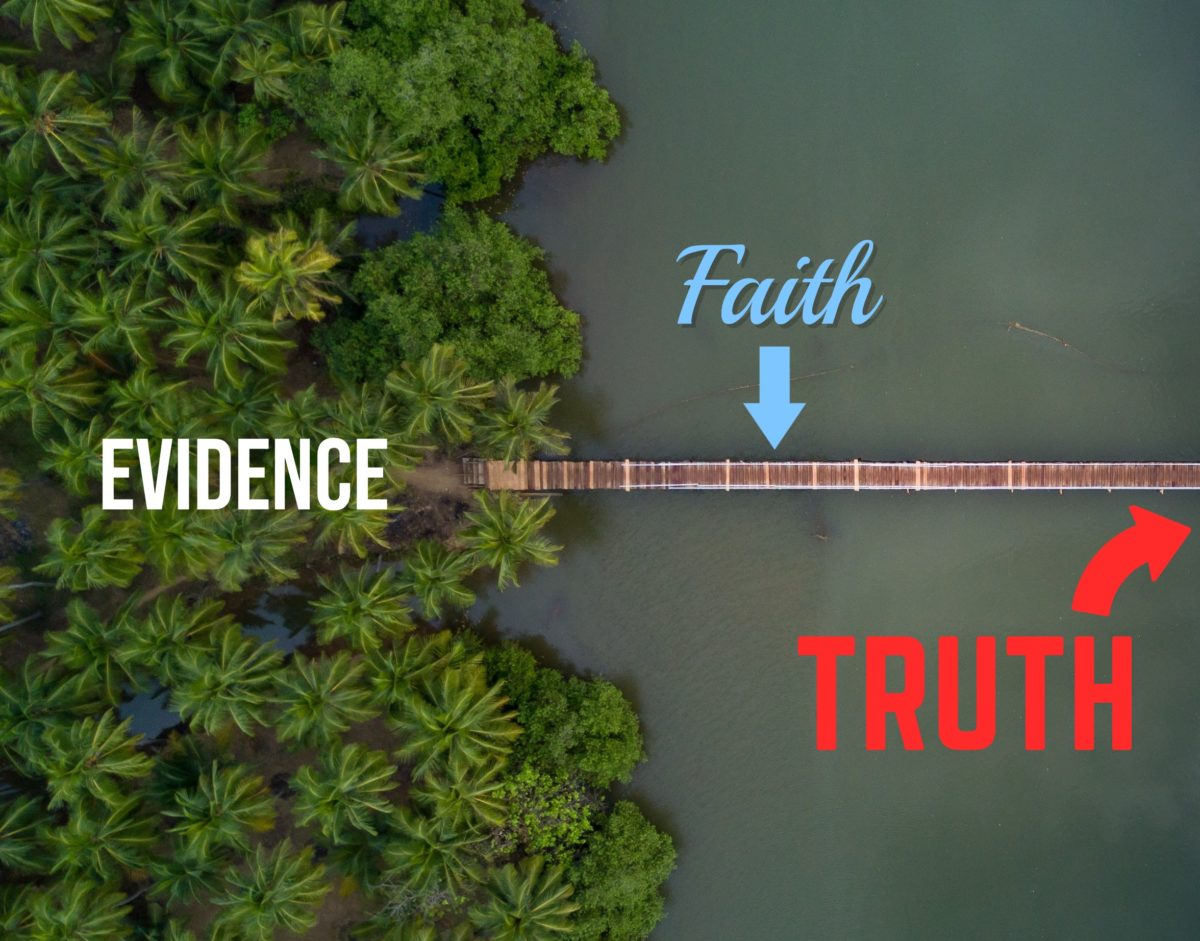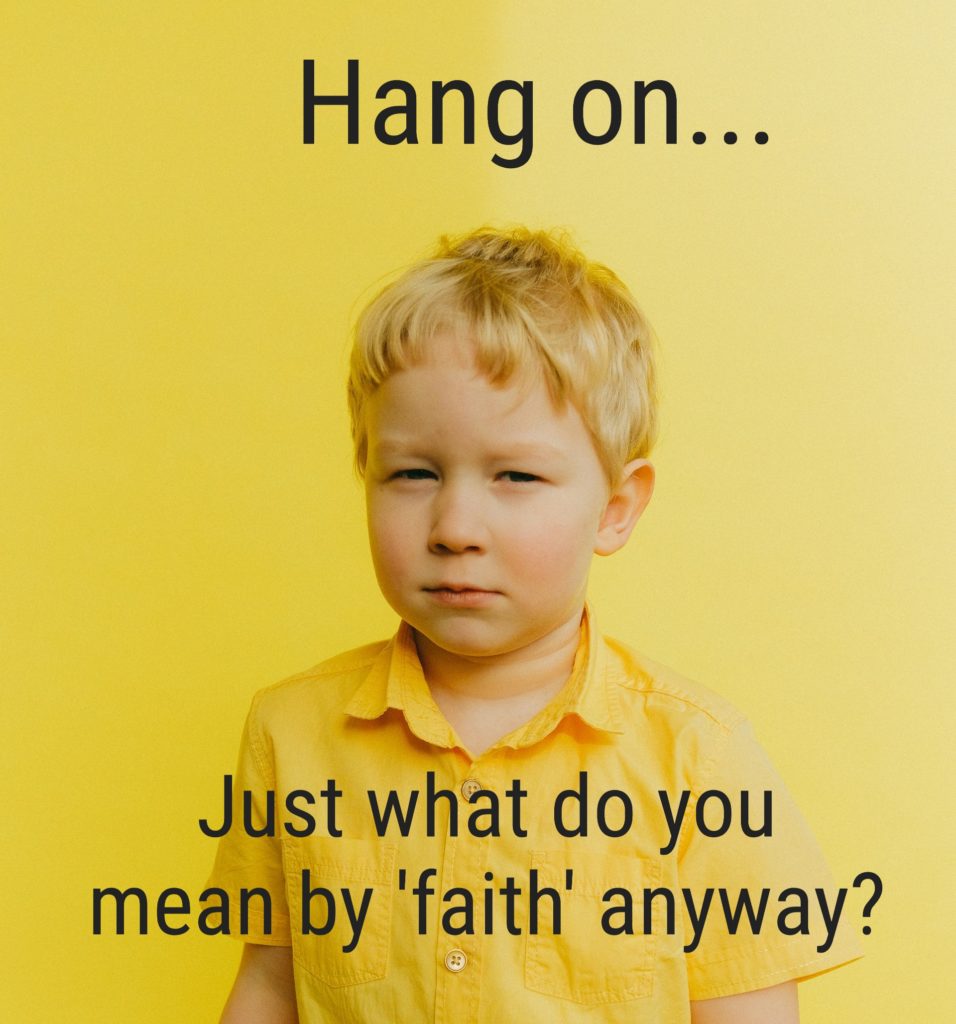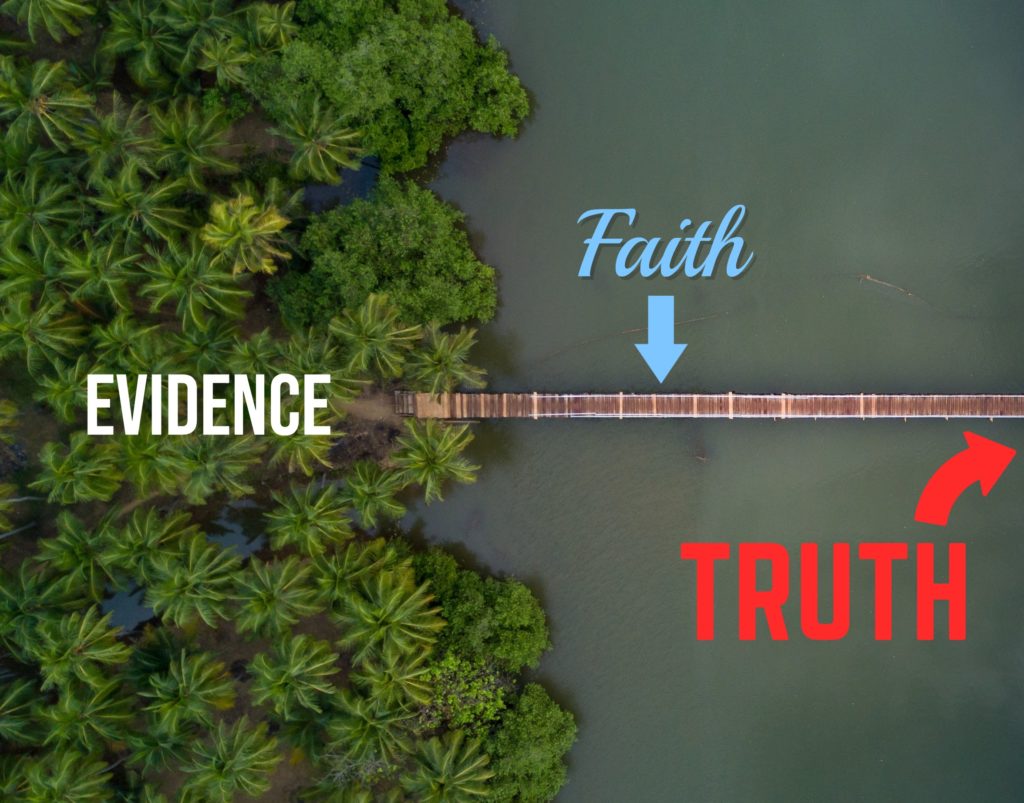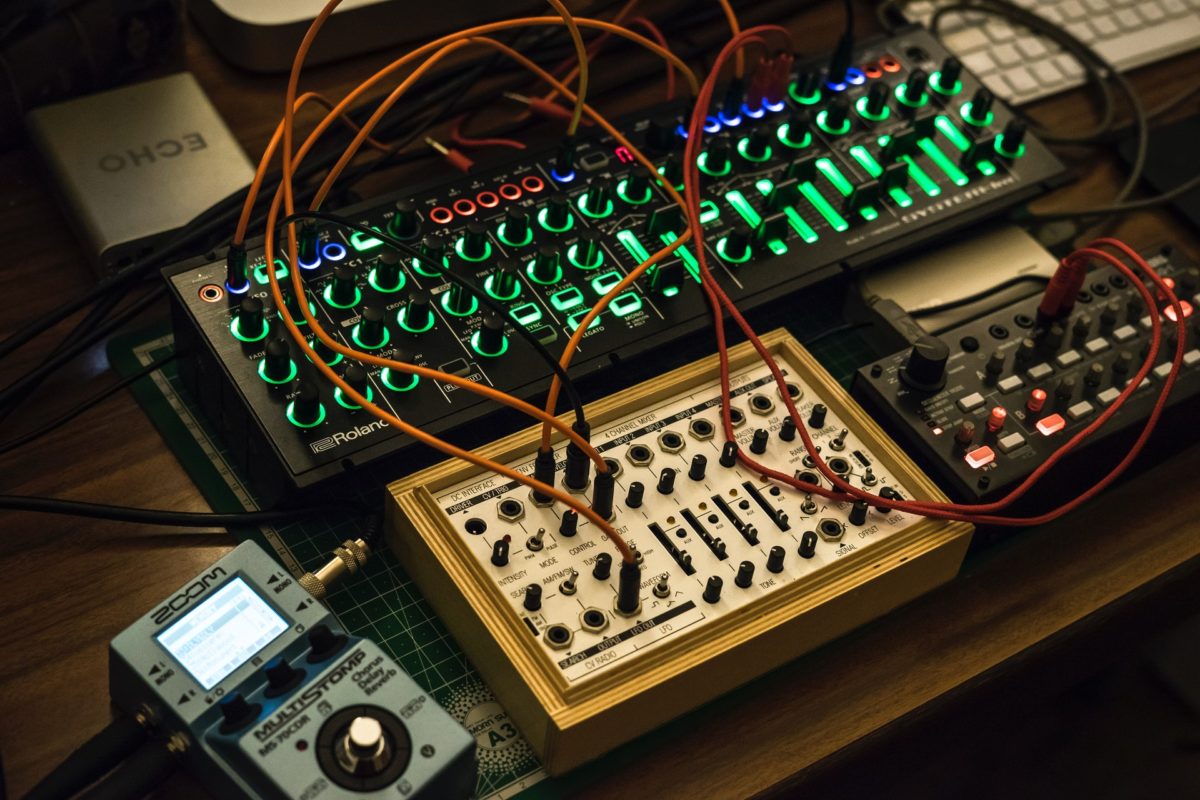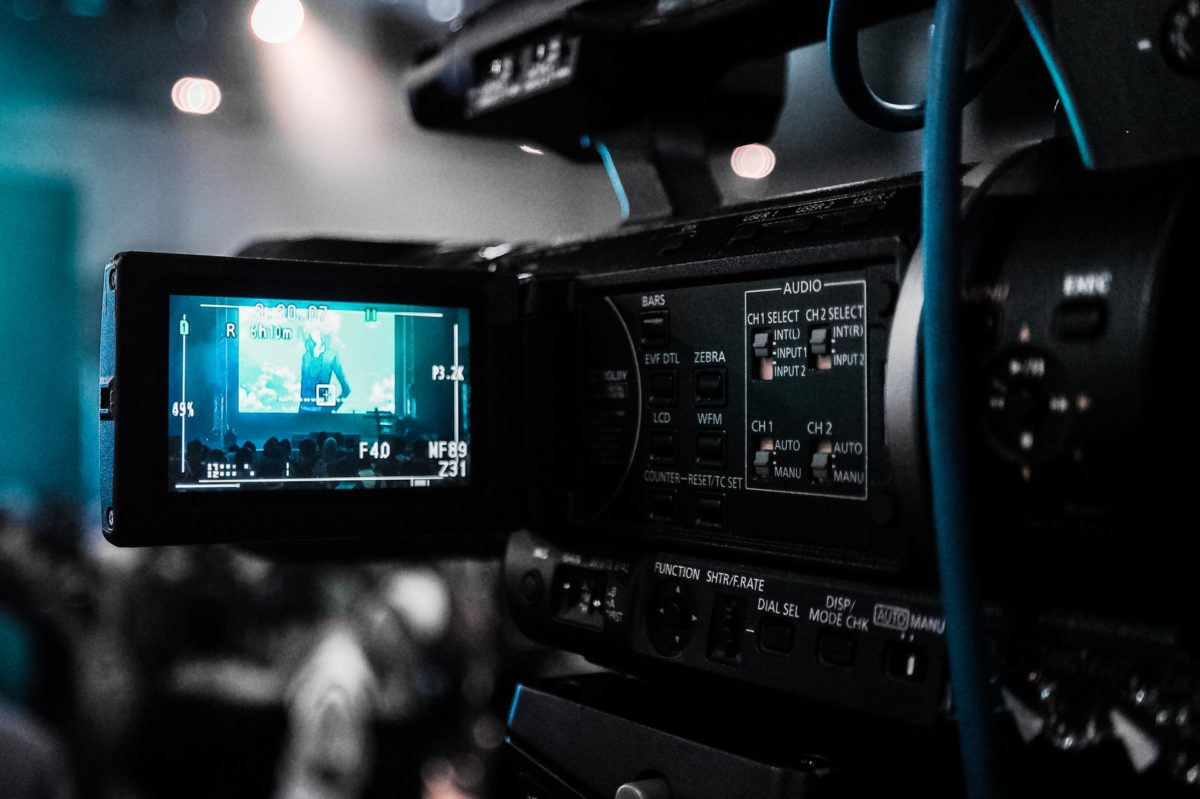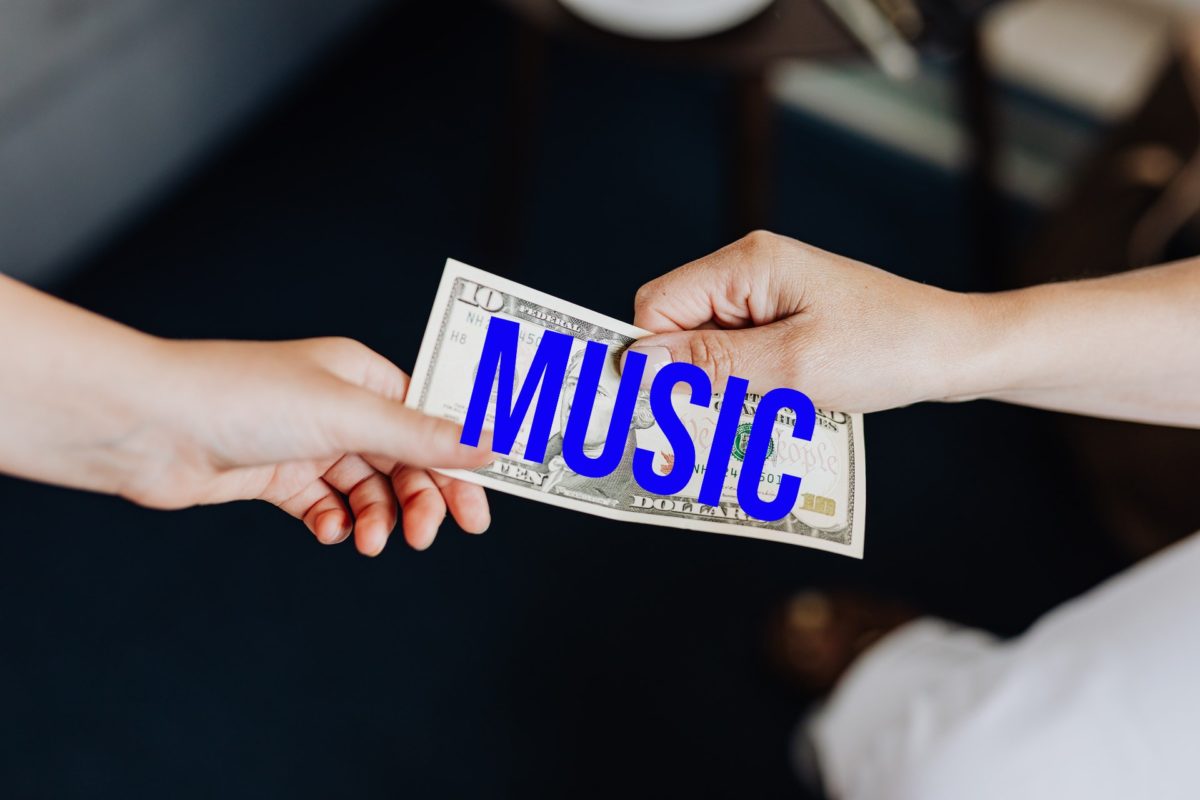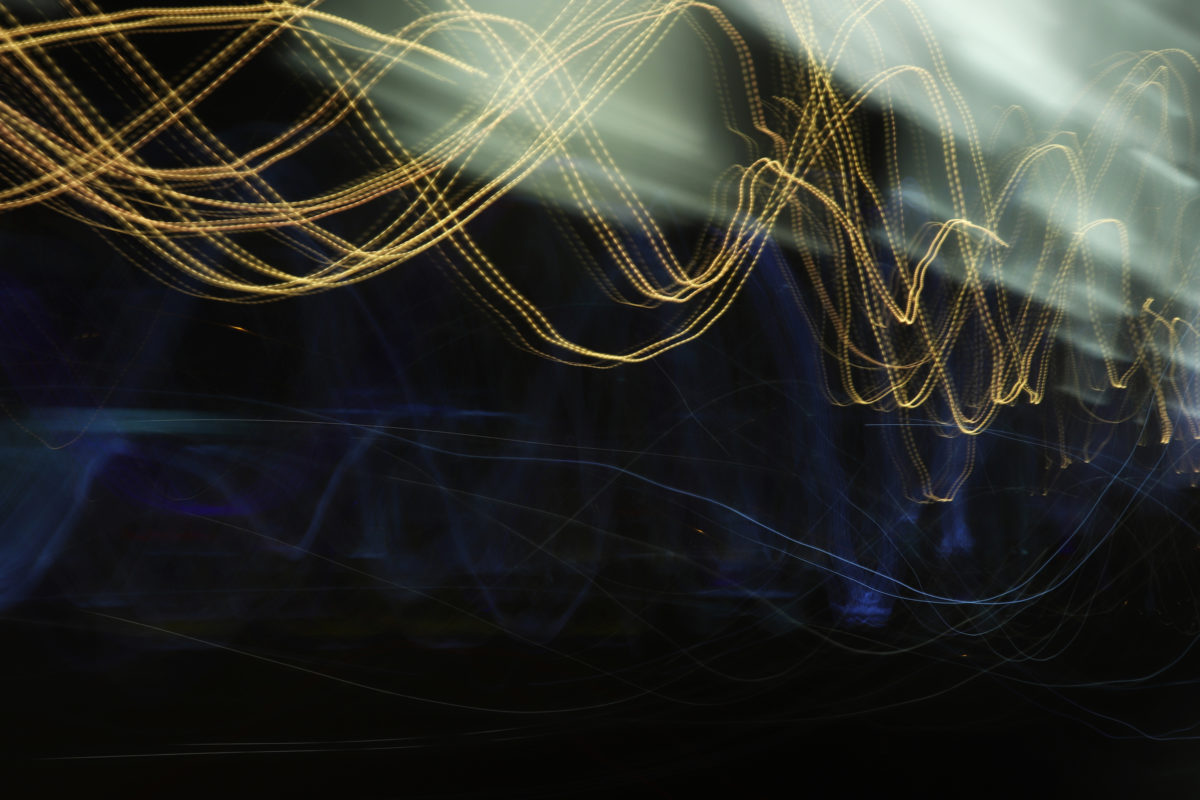So I recently started putting together a music composition template with Native Instruments, and OH MY GOD is it gonna be good when it’s done.
It’s a little scary frankly, how effortlessly awesome the instruments sound. So good, it could convince some new composer they are better than they actually are (not me though).
That got me thinking about the stages we progress through as we improve our music composition skills.
It’s good to know where you are, honestly. It allows you to take pride in how far you’ve come, with a big spoonful of humble pie for the journey ahead.
So I decided to apply the Four Stages of Competency (*dun dun dunnnnnn*) to the world of music composition. May it help you define where you are – and maybe even help move you up a rung.


